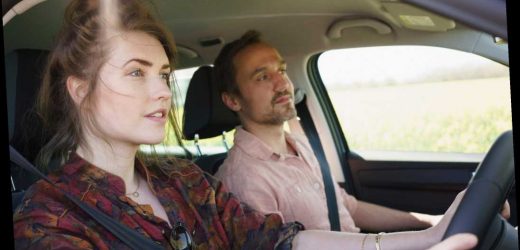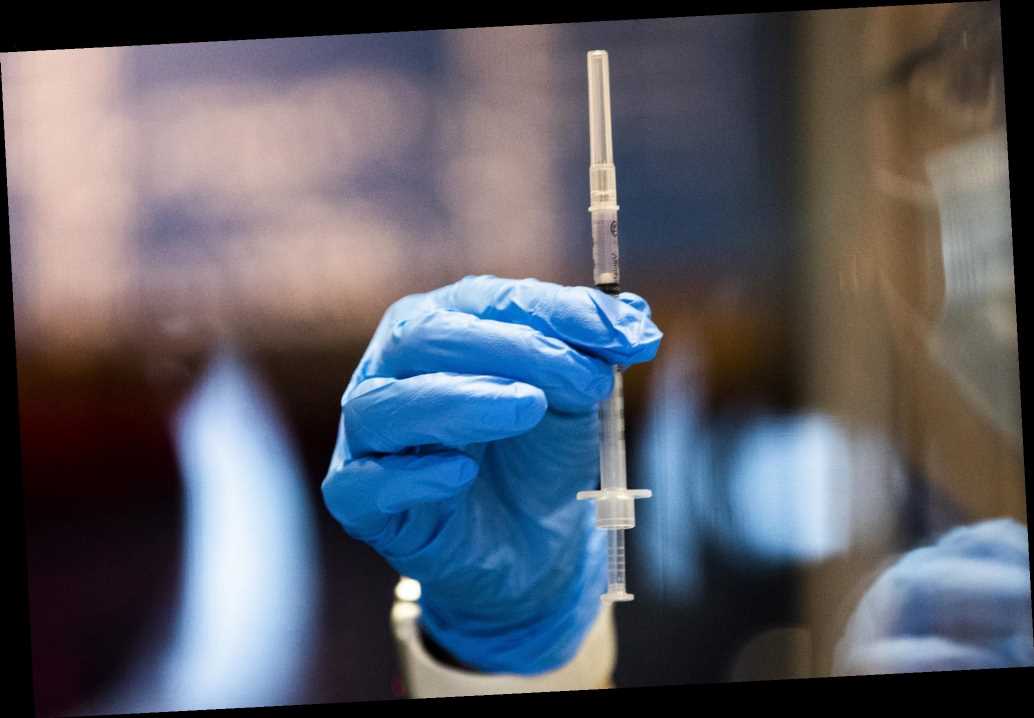SEVEN new driving laws are set to come into force in 2021.
Millions of motorists will be affected by the changes, with hefty fines and penalty points for those who disobey.
Some drivers could even see their insurance cover cancelled if they fail to follow the new rules.
So from phone bans to parking crackdowns, here are seven things to look out for.
Mobile phone ban
Drivers will face fines of £200 and six penalty points on their licence for holding their mobile phone while driving – for any reason.
The new complete ban closes a loophole which allowed drivers to take photos or videos while driving without being penalised.
Pavement parking ban
The whole of the UK could soon follow London in making parking on pavements illegal, with rule-breakers facing £70 fines.
A consultation on the nationwide ban concluded at the end of 2020 and its results are due in a few weeks.
MOT extensions ends
Due to lockdown restrictions, the government announced a six-month extension for MOTs which expired between March 31 and July 31 last year.
This extension ended on January 31 and drivers now travelling without a valid MOT certificate could be fined up to £1,000.
Brexit changes to driving in Europe
A last-minute UK-EU agreement gives most drivers permission to drive without International Driving Permits – but Brits will still need to provide some documents.
The biggest change is the need to carry a physical copy of a green card from your car insurance provider at all times.
This is proof you have a valid policy in place.
Drivers will also need to have their V5C logbook with them if their vehicle is less than 12 months old.
New clean air zones
London's ultra-low emission zone (ULEZ), which charges the capital's most polluting vehicles, will be expanded.
Motorists in several outer London boroughs, Bath and Birmingham face an extra daily charge of between £8 and £100.
Birmingham's scheme will charge drivers of the most polluting cars up to £8 per day, and £50 for HGVs (trucks and lorries), coaches and buses.
In Bath it will be £9 a day for non-compliant vans, taxis, private hire vehicles and minibuses, and £100 for larger vehicles – but there will be no charge for cars and motorbikes.
Green number plates
Drivers of all-electric and zero emission cars can buy green number plates.
The government has suggested those with these plates could enjoy cheaper parking and special zero emission zones.
Mandatory speed assistant tools
Technology which alerts drivers when they are going too fast and can intervene if people continue to drive above the limit will be fitted in all new cars from 2022.
The Intelligent Speed Assistance (ISA) tool is estimated to reduce accidents by 30% and deaths by 20%.
'Driverless' cars
Cars could come with new technology that helps them drive automatically – by detecting lane markings – from spring this year.
Some vehicles can already detect lanes, but the Automated Lane Keeping System (ALKS) Regulation that was endorsed by the government in 2020 would allow cars to take over control from the driver.
When activated, ALKS keeps a vehicle within its lane and controls its movements for extended periods of time, without the driver ever needing to do anything.
But unlike driverless cars, the driver must be ready and able to resume control when prompted by the vehicle.
Last year the government looked at whether it would be safe to use the technology on cars driving at speeds of 70mph.
Source: Read Full Article







